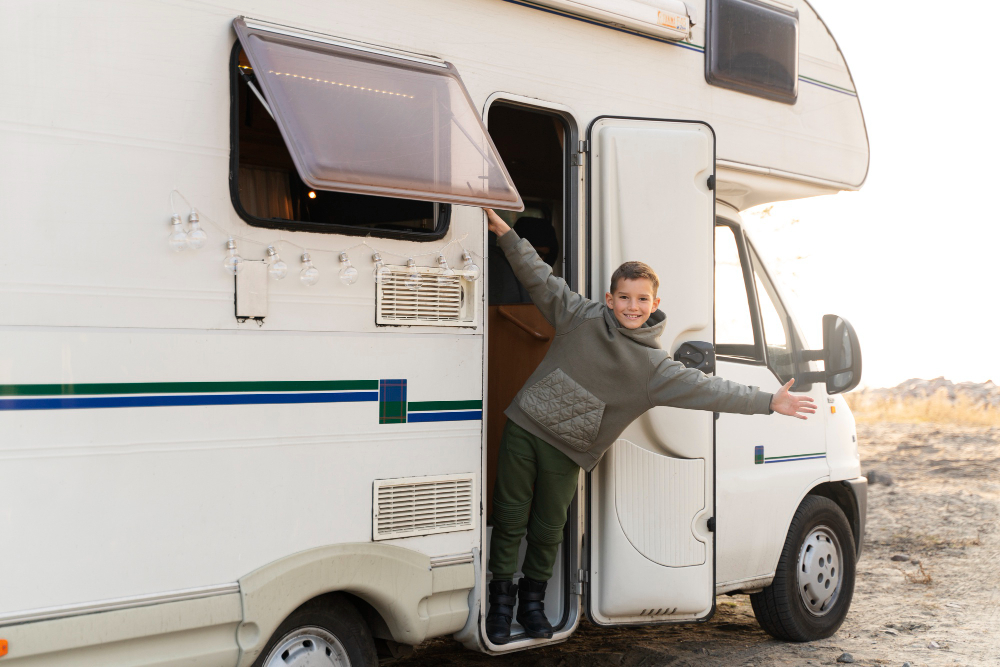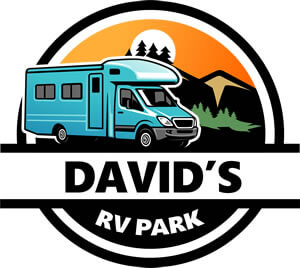
Purchasing a used RV can be an exciting venture, offering the freedom to explore the open road at a fraction of the cost of new models. However, it requires careful consideration and thorough research to ensure you're making a wise investment. Whether you're planning to settle down in an RV park in San Antonio, TX, or travel cross-country, this guide will cover the critical aspects to consider before buying a used RV.
Before you begin your search, take some time to reflect on your needs and budget. Consider the following questions:
Having clear answers to these questions will help narrow down your options and ensure you choose an RV that suits your lifestyle and financial situation.
Once you've found an RV that piques your interest, it's crucial to conduct a detailed inspection. You can either inspect it yourself or hire a professional RV inspector. Focus on the following areas:
A thorough inspection can reveal existing issues and help you avoid purchasing a problematic RV.
Just like buying a used car, it's essential to review the vehicle's history. Request maintenance records, title information, and any accident reports from the seller. This will give you insight into how well the RV has been maintained and whether it has been involved in any major incidents.
While older RVs can be more affordable, they may come with a greater risk of mechanical issues and outdated features. Consider the RV's age and mileage to gauge its potential longevity and reliability. Generally, RVs with lower mileage and newer models are preferred, but this can vary based on your needs and budget.
Many RV owners customize their vehicles to better suit their needs. While some modifications, such as added solar panels or upgraded appliances, can be beneficial, others may indicate poor maintenance or improper installations. Verify the quality and safety of any modifications before purchasing.
A test drive is crucial to assess the RV's performance on the road. Pay attention to how the vehicle handles, accelerates, and brakes. Listen for unusual noises and check for vibrations or alignment issues. Testing the RV under different conditions can help identify potential problems that may not be visible during a stationary inspection.
Once you've gathered all necessary information and completed inspections, compare the asking price to similar RVs in the market. Use online resources like NADA guides or RVTrader to determine the fair market value. Be prepared to negotiate with the seller if the price seems too high.
If you're planning to stay in San Antonio, TX, research local RV parks to find a suitable place for your new home-on-wheels. Consider factors like location, amenities, and community vibe. David's RV Park is a popular choice for those looking for a welcoming and well-equipped RV park in the area. Contact them for booking information and to learn more about the facilities.
Before finalizing the purchase, explore insurance and financing options. Ensure you have adequate coverage for your RV and review potential loan terms if you're considering financing. Understanding these aspects will help you manage costs effectively.
Once you've purchased your RV, consider joining RV communities and forums. These platforms can provide valuable insights, tips, and advice from experienced RV owners. They can also be a great way to connect with fellow travelers and share your experiences.
Buying a used RV is a significant investment that requires careful consideration and research. By assessing your needs, conducting thorough inspections, and evaluating pricing, you can make an informed decision and enjoy the benefits of RV living. If you're planning to visit San Antonio, TX, don't forget to book a spot at David's RV Park, where you can enjoy a vibrant community and excellent amenities. Safe travels!
